Premium Only Content
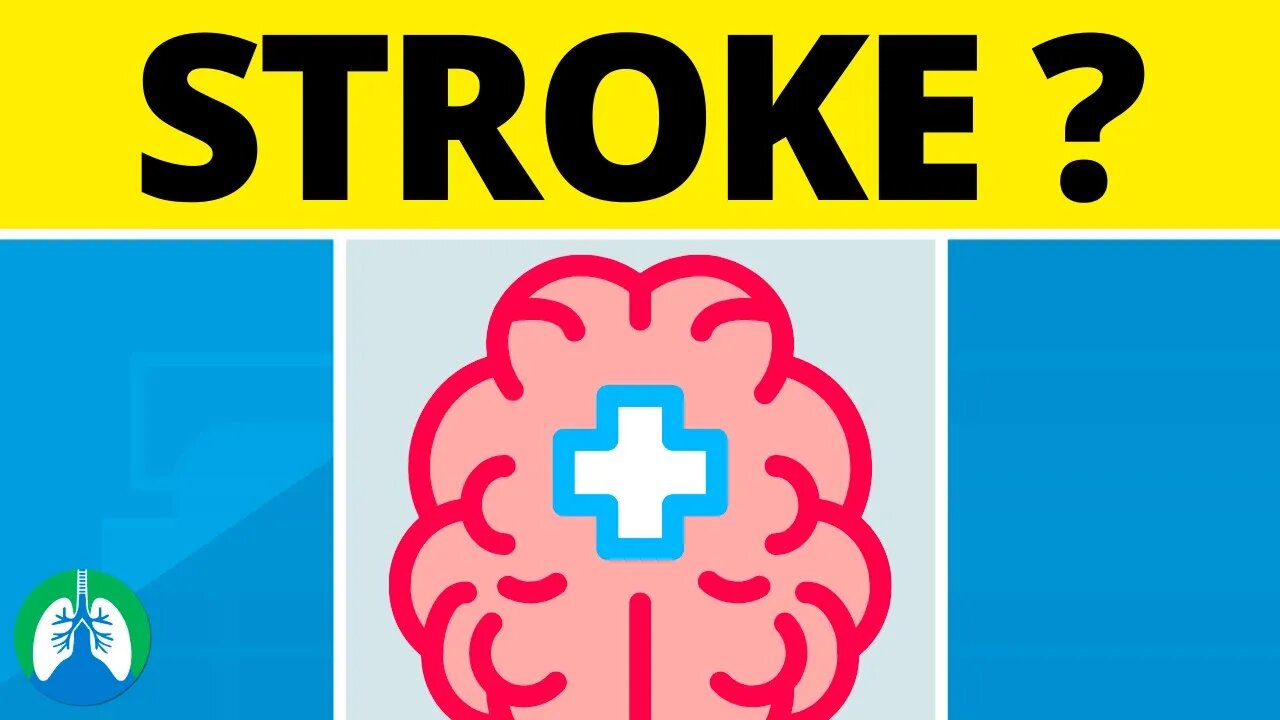
Stroke (Medical Definition) | Quick Explainer Video
What is a Stroke? This video covers the medical definition and provides a brief overview of this topic.
💥Pathology [TMC Practice Questions] ➜ ➜ ➜ https://bit.ly/2Za4qJd
💥Stroke [Full Guide] ➜ ➜ ➜ Coming soon!
➡️ What is a Stroke?
A stroke occurs when there is a lack of blood supply reaching the brain. This could be due to a blockage or even a ruptured blood vessel. Like every other part of the body, the brain needs oxygen to function properly. But when arterial blood is not able to reach the brain, it means that oxygen isn't able to reach the brain either. When this occurs, tissues within the brain can be severely damaged resulting in long-term effects. Death can occur in severe cases.
➡️ There are two types of strokes to be familiar with:
1. Ischemic stroke
2. Hemorrhagic stroke
➡️ Stroke Overview
An ischemic stroke occurs when there is a blood clot or blockage in the vessels that transport blood to the brain. This is the most common type of stroke. A hemorrhagic stroke, on the other hand, occurs when a blood vessel ruptures and results in blood leakage that causes damage to tissues within the brain. This type of stroke is often due to high blood pressure. Some of the common signs and symptoms of a stroke include confusion, headache, dizziness, loss of coordination, difficulty seeing, difficulty walking, and sudden numbness or weakness on one side of the body. Certain medications may be administered for the treatment of a stroke, including vasodilators, anticoagulants, and thrombolytic. In some cases, the patient may require intubation and mechanical ventilation to assist with breathing. We created this video just to provide you with a quick overview of this topic, however, we'll be breaking it down even further in a separate video.
💥Pathology [TMC Practice Questions] ➜ ➜ ➜ https://bit.ly/2Za4qJd
💥Stroke [Full Guide] ➜ ➜ ➜ Coming soon!
—————
📗 BEST STUDY GUIDES FOR YOU
▪ TMC Test Bank 👉 http://bit.ly/2IGeqSu
▪ Hacking the TMC Exam 👉 http://bit.ly/2XBc8do
▪ TMC Exam Bundle (Save $) 👉 https://bit.ly/34pqEsV
▪ Daily TMC Practice Questions 👉 http://bit.ly/2NnXh3C
💙MORE FROM RTZ
▪ Free TMC Practice Exam 👉 http://bit.ly/2XlwASL
▪ Free RRT Cheat Sheet 👉 http://bit.ly/2IbmOKB
▪ Resources for RT's 👉 http://bit.ly/2WVV5qo
▪ Testimonials 👉 http://bit.ly/2x7b5Gl
🌐FOLLOW US
▪ Instagram 👉 http://bit.ly/2FhF0jV
▪ Twitter 👉 http://bit.ly/2ZsS6T1
▪ Facebook 👉 http://bit.ly/2MSEejt
▪ Pinterest 👉 http://bit.ly/2ZwVLPw
🚑MEDICAL DISCLAIMER
This content is for educational and informational purposes only. It is not intended to be a substitute for professional medical advice, diagnosis, or treatment. Please consult with a physician with any questions that you may have regarding a medical condition. Never disregard professional medical advice or delay in seeking it because of something you watch in this video. We strive for 100% accuracy, but errors may occur, and medications, protocols, and treatment methods may change over time.
💡AFFILIATE DISCLAIMER
This description contains affiliate links. If you decide to purchase a product through one of them, we receive a small commission at no cost to you.
—————
⏰TIMESTAMPS
0:00 - Intro
0:17 - What is a Stroke?
0:48 - Two Types of Strokes
1:14 - Stroke Overview
—————
🖼CREDIT FOR MUSIC AND GRAPHICS:
▪ Music licensed from Audiojungle.net/
▪ Graphics: Canva.com, Freevector.com, Vecteezy.com, and Pngtree.com
#RespiratoryTherapy #RespiratoryTherapist #Stroke
-
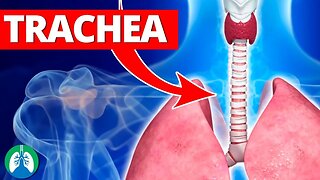 3:21
3:21
Respiratory Therapy Zone
11 months agoTrachea (Medical Definition) | Quick Explainer Video
275 -
 3:22:48
3:22:48
RG_GerkClan
4 hours agoLIVE: It's Time...to Dominate - GrayZone Warfare - Gerk Clan
16.8K2 -
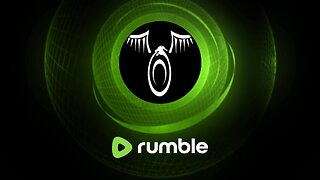 41:43
41:43
Styxhexenhammer666
2 hours agoFriday LIVE: Joy Reid Goes Insane, BDS Legislation, Liz Krueger and Secession
22K18 -
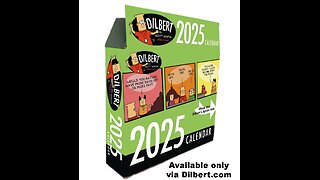 1:29:10
1:29:10
Real Coffee With Scott Adams
3 hours agoEpisode 2674 CWSA 11/29/24
42.7K10 -
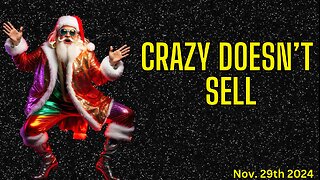 2:58:55
2:58:55
Wendy Bell Radio
8 hours agoCrazy Doesn't Sell
76.2K66 -
 36:13
36:13
The Why Files
4 days agoProject Redsun: NASA's Secret Manned Missions to Mars
54.5K170 -
 1:39:12
1:39:12
Jeff Ahern
4 hours ago $5.50 earnedFriday Freak out with Jeff Ahern
41K -
 48:42
48:42
PMG
1 day ago $2.03 earned"Hannah Faulkner and Nora Clinton | How Life Under Communism Crushed the Human Personality"
14K2 -
 LIVE
LIVE
Clownfish TV
5 days agoClownfish TV News 24/7
185 watching -
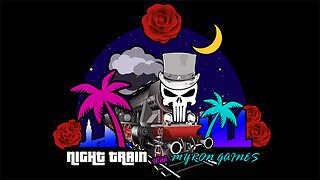 8:07:08
8:07:08
Fresh and Fit
15 hours agoOF Thot Makes 4M A Month?! Klan Meeting & Reaction To "Occupied" Documentary
259K126